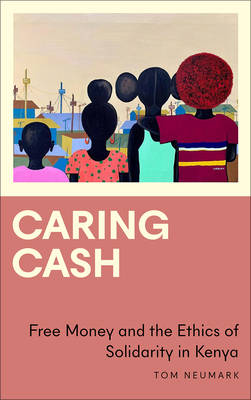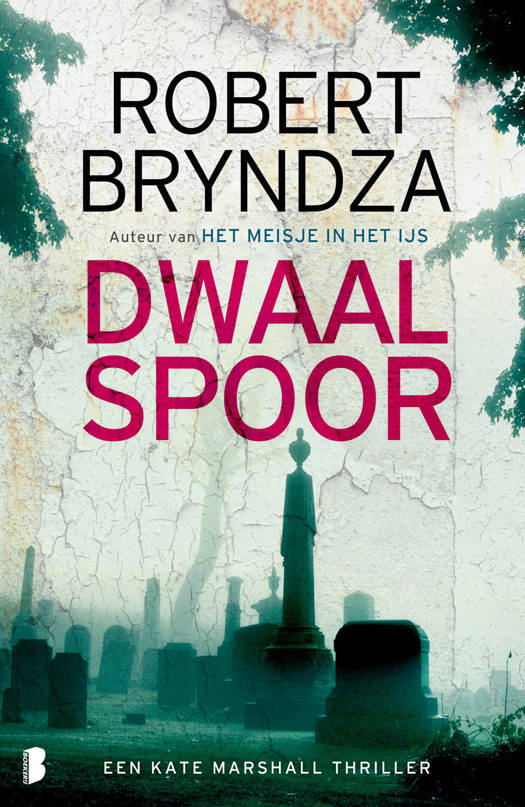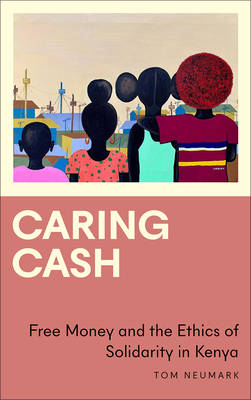
- Afhalen na 1 uur in een winkel met voorraad
- Gratis thuislevering in België vanaf € 30
- Ruim aanbod met 7 miljoen producten
- Afhalen na 1 uur in een winkel met voorraad
- Gratis thuislevering in België vanaf € 30
- Ruim aanbod met 7 miljoen producten
Zoeken
Omschrijving
Anthropological study of the impact of cash grants on the economic dynamics and relationships among Kenya's urban poor The idea of giving cash, no-strings-attached, to the poor has become popular in the 21st century. While hardly a radical form of global redistribution, these cash grants, often known as unconditional cash transfers, claim to offer a new type of care that is less paternalistic than other forms of assistance. Caring Cash explores the caring practices that these grant experiments produced in the Nairobi ghetto of Korogocho. After receiving the grants, people there did not only look after themselves and their family, friends, lovers, clients, and patrons but also maintained the bonds that held them all together. Putting his interlocutors' lives in conversation with ideas around care, ethics, and economies, Tom Neumark argues that for those in the ghetto, caring for relationships is as important as the care that takes place within relationships. Seeing care in this way reveals the importance of managing one's proximity, distance, and detachment from others, and raises questions about the disquieting decisions that allow people to live together amidst violence and poverty.
Specificaties
Betrokkenen
- Auteur(s):
- Uitgeverij:
Inhoud
- Aantal bladzijden:
- 240
- Taal:
- Engels
- Reeks:
Eigenschappen
- Productcode (EAN):
- 9780745340142
- Verschijningsdatum:
- 20/02/2023
- Uitvoering:
- Paperback
- Formaat:
- Trade paperback (VS)
- Afmetingen:
- 140 mm x 224 mm
- Gewicht:
- 317 g

Alleen bij Standaard Boekhandel
+ 68 punten op je klantenkaart van Standaard Boekhandel
Beoordelingen
We publiceren alleen reviews die voldoen aan de voorwaarden voor reviews. Bekijk onze voorwaarden voor reviews.











